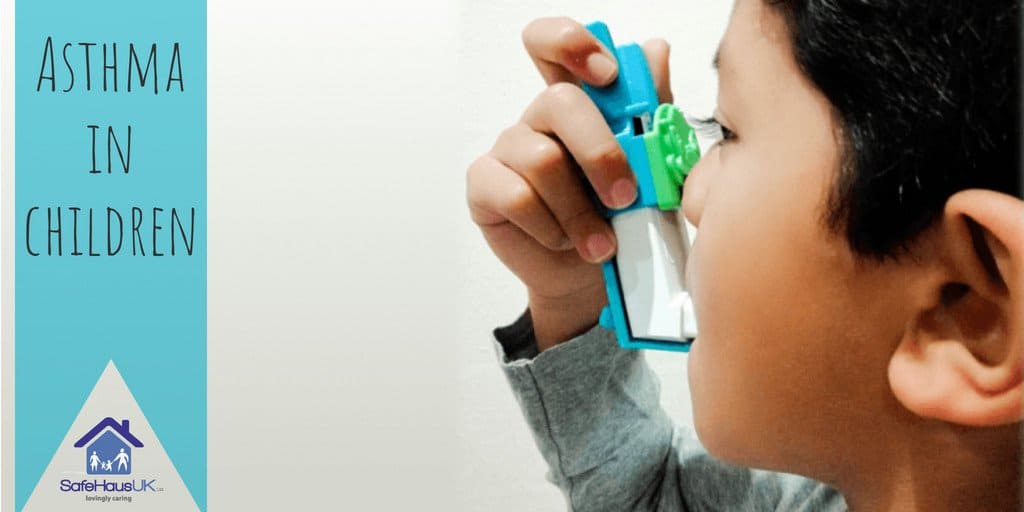There are 8 million people in the UK living with asthma, only 5.4 million people are currently receiving treatment. 1.1 million of those patients are children patients so if you are living with asthma or your child has asthma, you're not alone.
On #WorldAsthmaDay, let's educate ourselves!
Asthma is an inflammatory disease of the airways to the lungs. It makes breathing difficult and can make some physical activities difficult or even impossible.
1. Asthma in pregnancy

There’s no way to know how pregnancy will affect asthma. Some mothers don’t experience a change, while for others, pregnancy may make their asthma better or even worse. If symptoms worsen, it’s more likely to happen in the second and third trimesters.
If you have asthma, you should work closely with your doctor during your pregnancy to reduce risks for you and your growing foetus.
It is vital that you treat your asthma while you’re pregnant. Untreated asthma can lead to complications, such as:
- Severe morning sickness
- Preterm labour
- Pregnancy-induced high blood pressure
- Preeclampsia
If your baby isn’t getting enough oxygen, they can also experience health complications.
2. Asthma in babies

The main symptoms of asthma in babies include:
- Laboured breathing. baby’s belly moving more than normal while breathing, their nostrils may flare.
- Panting or heavy breathing during normal activities that usually don’t get your baby winded.
- Wheezing, which may sound like whistling. “noisy breathing” may sound like wheezing. Wheezing can only be accurately diagnosed with a stethoscope.
- Frequent coughing.
- Fast, shallow breathing.
- Fatigue. Your baby may not be interested in some of their favourite activities.
- Difficulty eating or sucking.
- Face and lips may turn pale or blue. Your baby’s fingernails may also turn blue.
Several other medical conditions share some of those same symptoms, including croup, bronchiolitis, upper respiratory infection, acid reflux, pneumonia, inhaling food or other objects
Not all wheezing and coughing are caused by asthma. In fact, so many babies wheeze and have other frequent respiratory symptoms, that it’s difficult to know if a child has asthma until they’re at least two to three years old.
3. Asthma in children

Common childhood illnesses such as head and chest colds can further inflame the tissues in these airways. This can make it difficult to detect an underlying breathing problem such as asthma.
Children with asthma may exhibit symptoms such as:
- Difficulty eating or sucking
- Panting during activities that shouldn’t leave them winded
- A nagging cough
- Coughing, especially at night
- Laboured breathing
- Rapid breathing that pulls the skin around their ribs or necks tight
- Frequent colds that settle into the chest
Among older children, the most common symptoms include:
- Wheezing, or a squealing sound, especially when exhaling
- Feeling winded after physical activities
- Chest tightness
- Cough
These symptoms are easy to mistake for coughs and colds, both of which young children are prone to in their earliest years.
However, if these symptoms are persistent, talk with your child’s doctor about the possibility of asthma
Source: Healthline
Disclaimer: Safehaus UK collected and put together this information from a trusted source but it’s not to be taken as medical advice. Always consult your doctor, if you’re concerned, before making any assumptions.
Further information
Send a message to SafehausUK directly from our website http://safehaus-uk.co.uk/ for more information about our professional childcare service.
